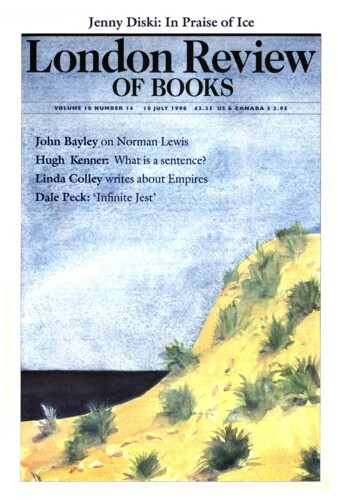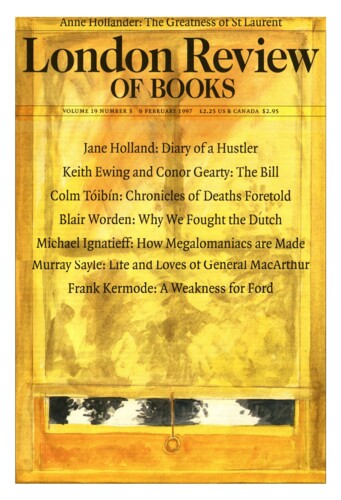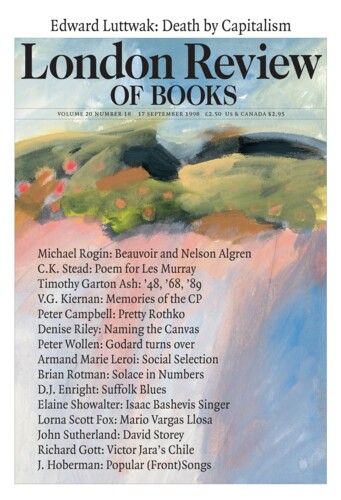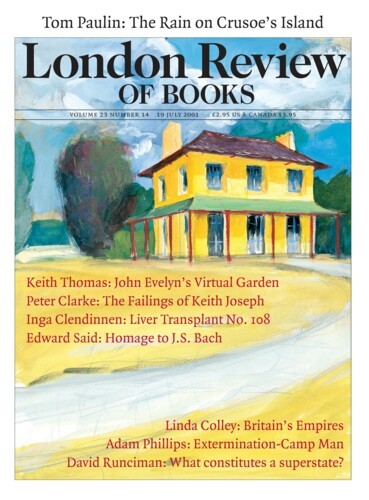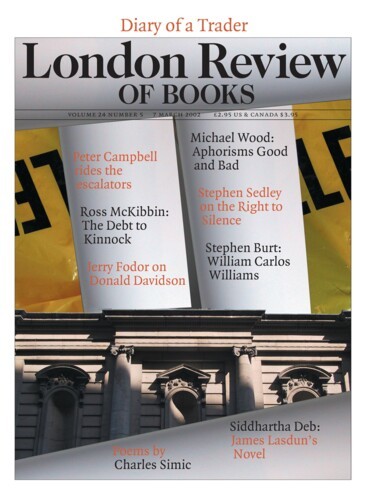My songs mean as much to my audience as yours do to your congregation
J. Hoberman, 18 July 1996
Is there anything stranger than a pop star out of time? Before Elvis Presley, before Michael Jackson, there was Al Jolson – ‘the most popular entertainer of the first half of the 20th century,’ as Michael Rogin describes him. Eyes wide and mouth agape, arms outstretched and face painted black, Jolson concludes his performance in The Jazz Singer (1927) down on one knee, serenading the delighted actress who plays his mother in a voice as strong and piercing as a foghorn.’
